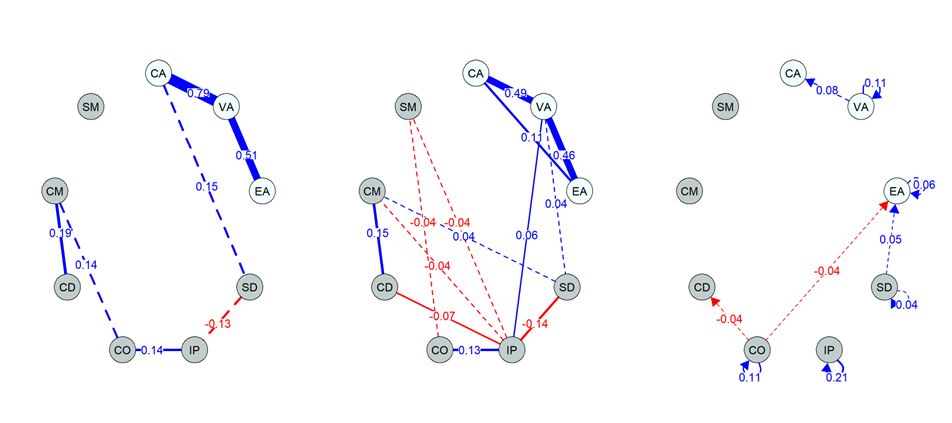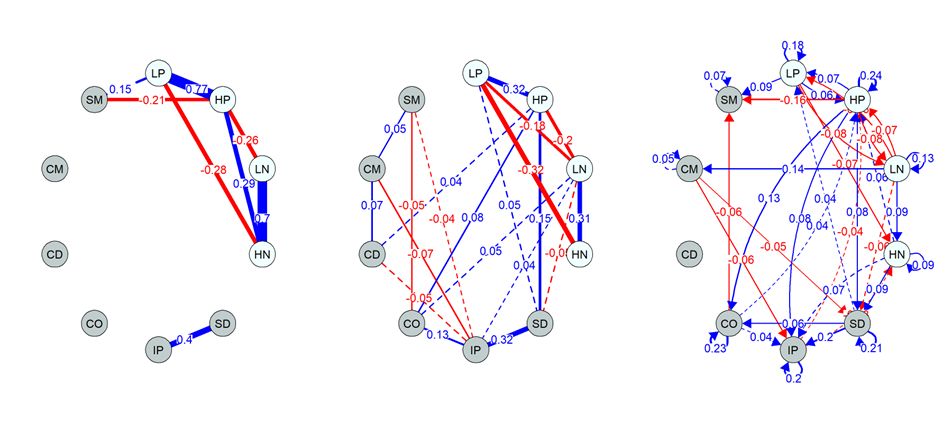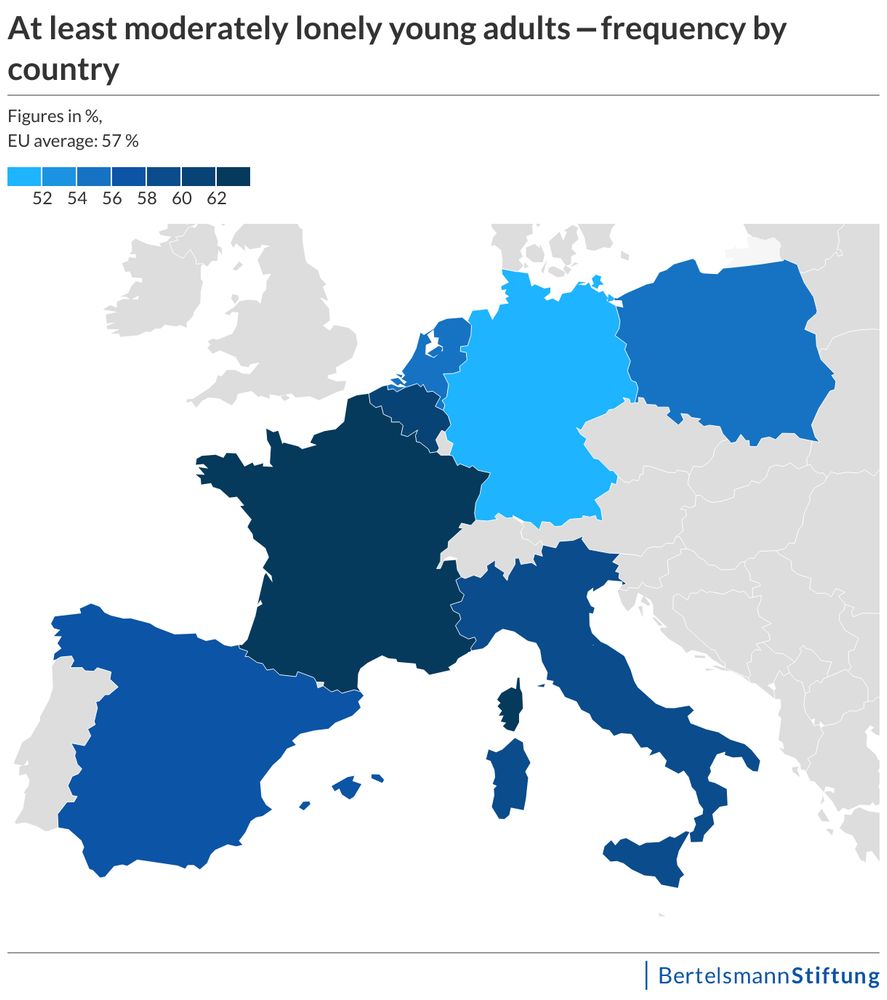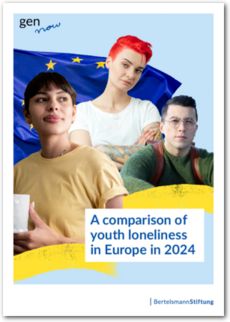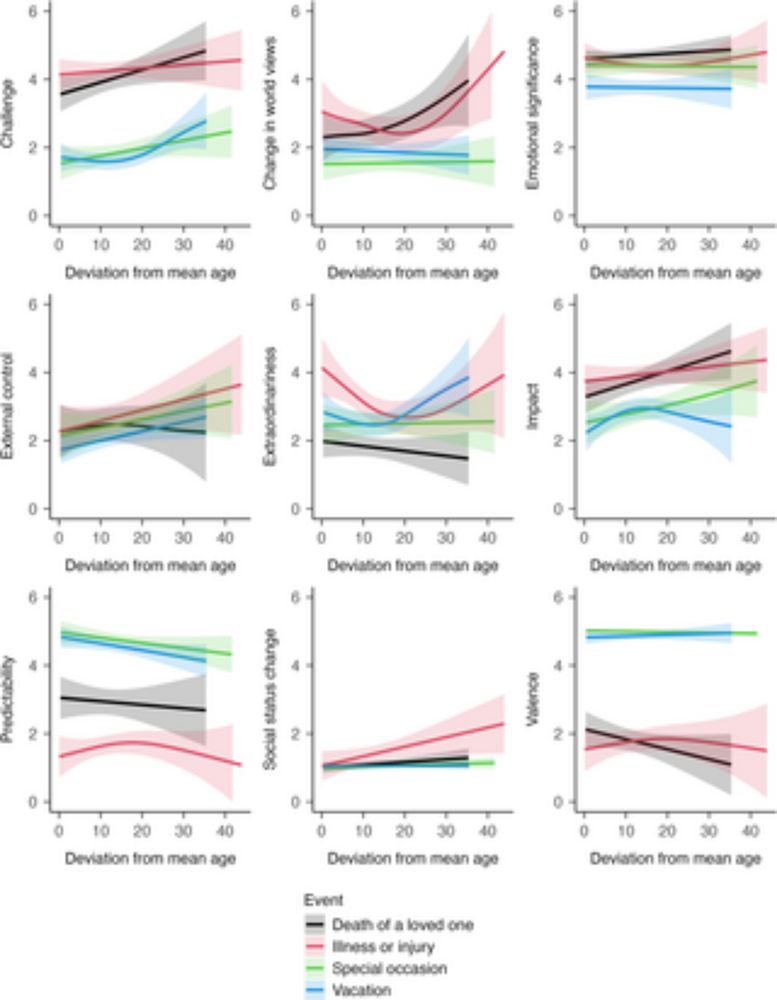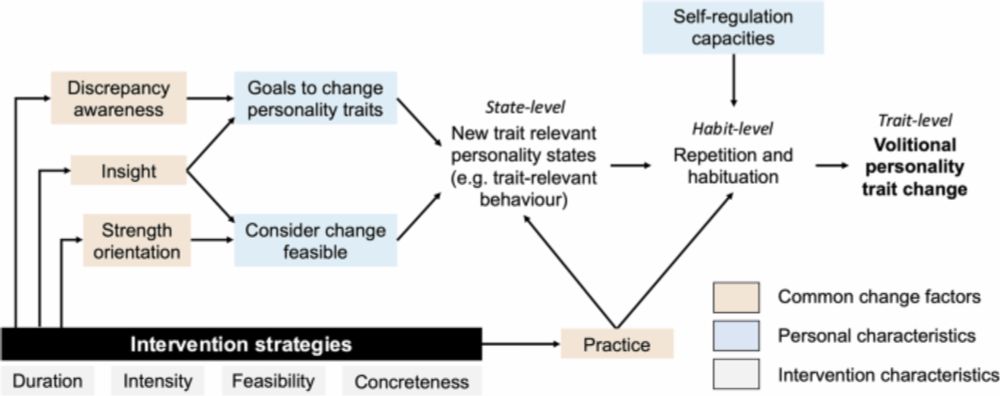Bernd Schäfer
@berndschaefer.bsky.social
140 followers
170 following
18 posts
Psychologist | Bochum | PhD student | Interested in subjective well-being, loneliness, personality dynamics and personality development
Posts
Media
Videos
Starter Packs
Reposted by Bernd Schäfer
Bernd Schäfer
@berndschaefer.bsky.social
· Jul 21
Bernd Schäfer
@berndschaefer.bsky.social
· Jul 21
Bernd Schäfer
@berndschaefer.bsky.social
· Jul 21
Bernd Schäfer
@berndschaefer.bsky.social
· Jul 21
Bernd Schäfer
@berndschaefer.bsky.social
· Jun 18
Reposted by Bernd Schäfer
Reposted by Bernd Schäfer
Reposted by Bernd Schäfer
Bernd Schäfer
@berndschaefer.bsky.social
· Nov 15
Bernd Schäfer
@berndschaefer.bsky.social
· Nov 15
Bernd Schäfer
@berndschaefer.bsky.social
· Nov 15
Bernd Schäfer
@berndschaefer.bsky.social
· Nov 15
Bernd Schäfer
@berndschaefer.bsky.social
· Nov 15
Bernd Schäfer
@berndschaefer.bsky.social
· Jan 18

